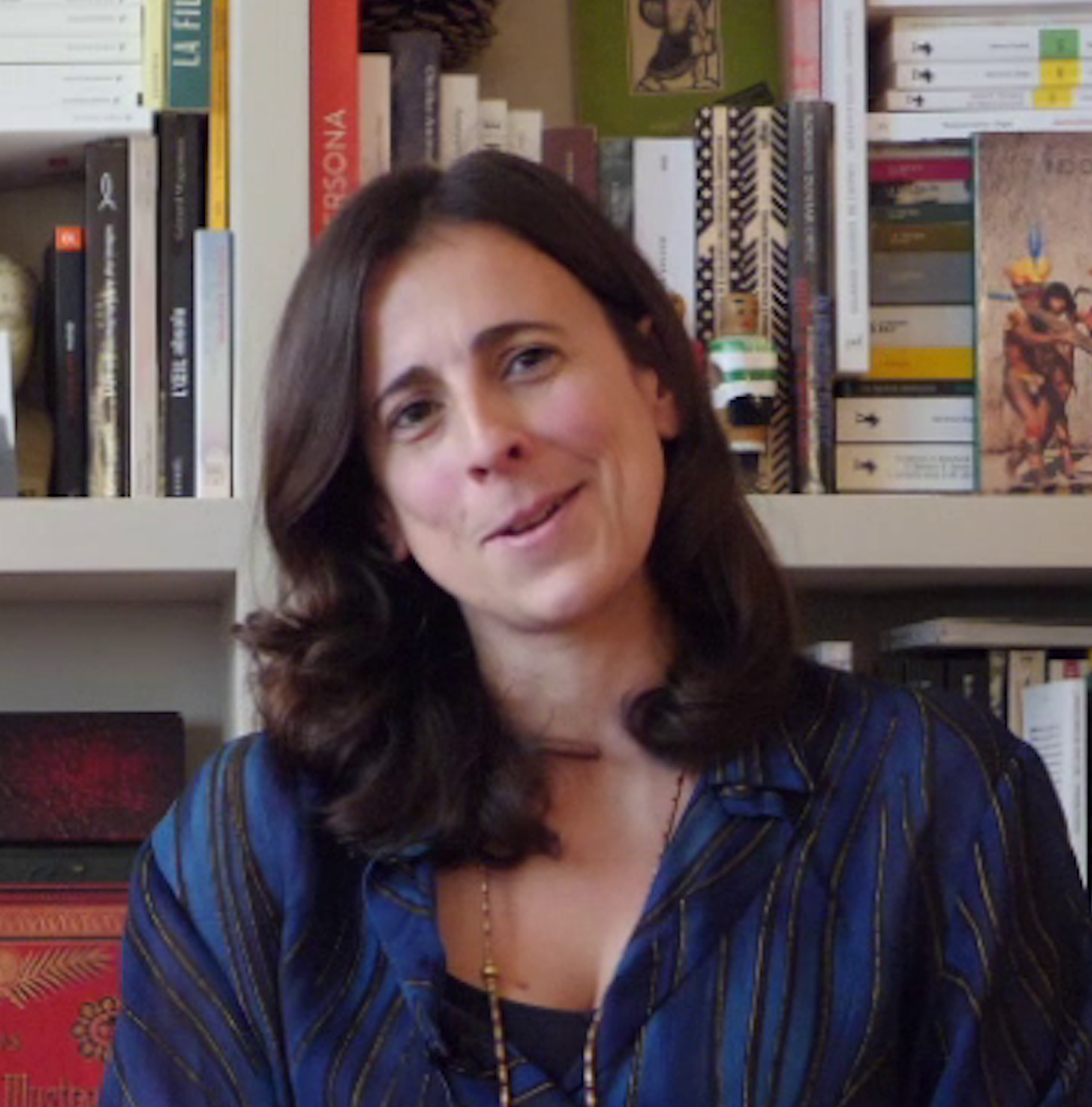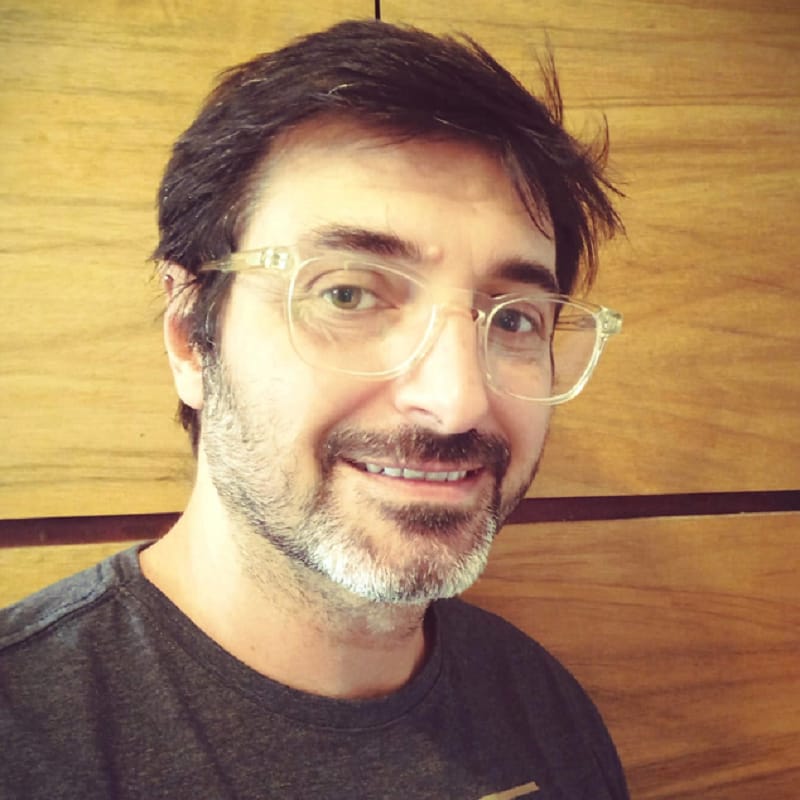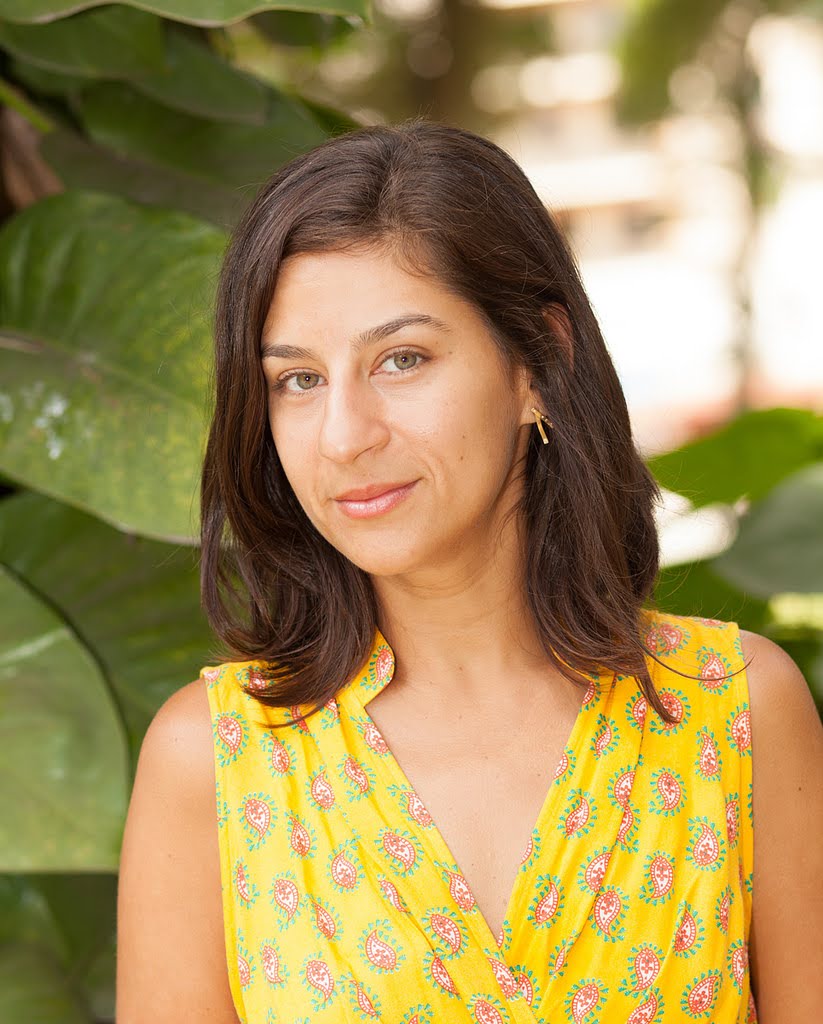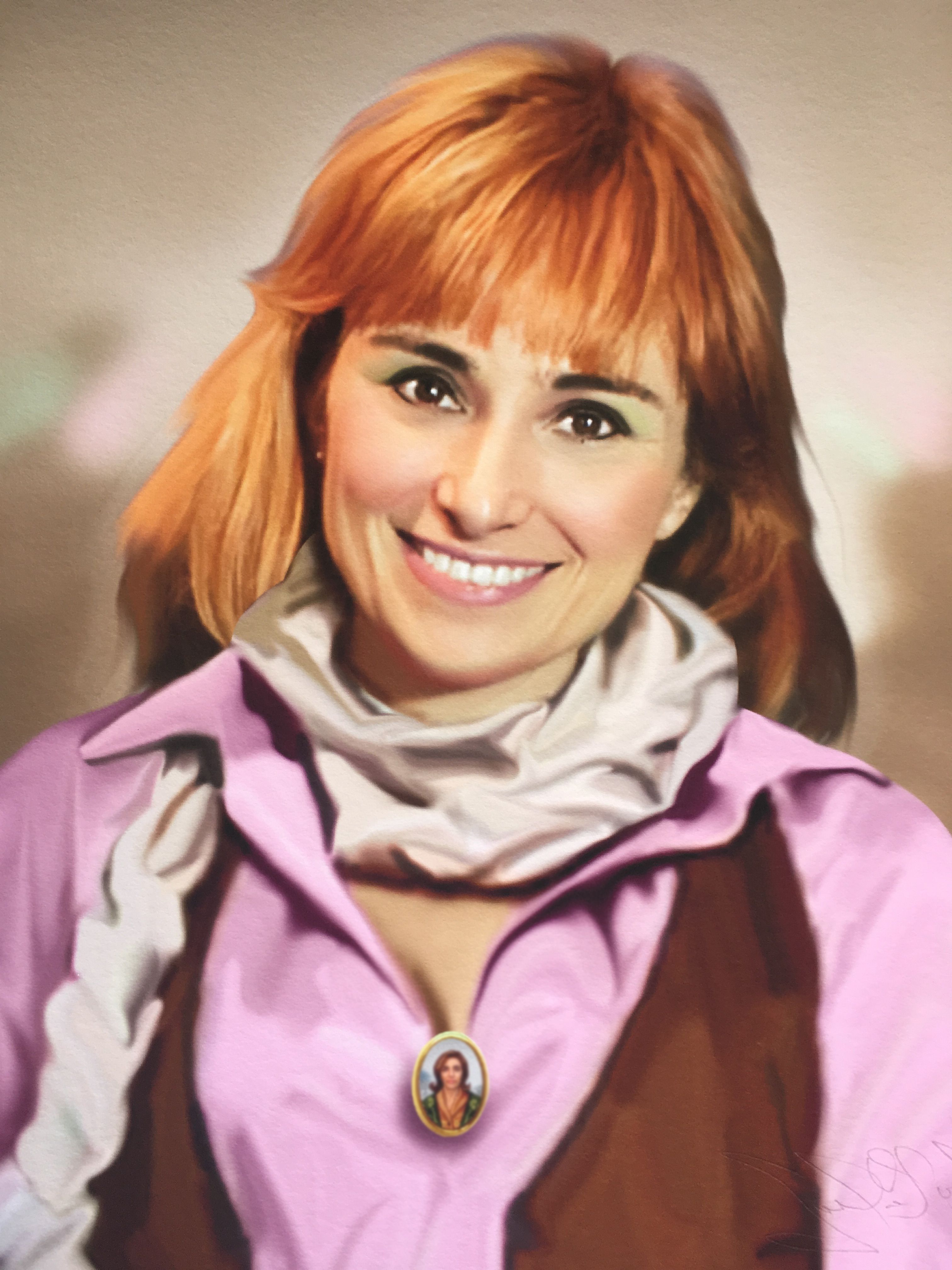"It is no longer a question of resuming or transforming a system of production, but of abandoning production as the only principle of relationship with the planet. It is not a question of revolution but of dissolution, pixel by pixel. (...) After a hundred years of socialism, understood as the redistribution of the benefits of the economy, perhaps it is time to invent a socialism that challenges production itself. Injustice is not limited to the redistribution of the fruits of progress but to the very way in which the planet produces fruit. (....) Against repeating everything exactly as it was before [the COVID-19 pandemic ]."
Bruno Latour, Where to land? (2020, no page)
“A territory is not just a piece of land. A territory bears the marks of centuries, of culture, and traditions. It is a genuinely ethical space, not just a physical one, as many politicians want to impose. The territory is almost synonymous with ethics and dignity. The territory is life; it is biodiversity, and it is a set of elements that make up and legitimise indigenous existence. Territory is a cosmology that includes ancestry.”
Eliane POTIGUARA, Metade cara, metade máscara ( 2004, p. 105)
Bruno Latour's words about the need to completely abandon our approach to the planet, based on accumulation, monoculture, and extractivism, along with Eliane Potiguara's thoughts on the meaning of territory, serve as the starting points for the debate that we aim to launch at the third edition of the Counter-Image Conference in Florianópolis, Brazil. This debate aims to explore image and visuality as it impacts the construction of our worlds.
The COVID-19 pandemic highlighted the damaging effects of industrialisation on the environment as human activities came to a halt globally. Benefiting from this awareness, Latour proposes a "return to Earth" that avoids repeating the mistakes made by industrialised Western societies – the place from which we are talking – and reimagines our relations in the world encompassing all existents (human, non-human and more than human). Eliane Potiguara, a writer and researcher of the Potiguara people, challenges the Western conception of territory, reducing it to mere physical space and a source of material resources. She believes the indigenous world, which still resists, offers a more comprehensive perspective as a place of biodiversity and ancestry with a cosmological dimension. In her conception, humans are not separate from other existents, including mountains and rivers, often considered non-living in Western epistemologies.
Since keeping ourselves indoors is not a solution, we must consider other approaches. The ecological crisis has become today's pressing political issue. How have visual representations impacted conceptions of the environment? How can visuality contribute to new epistemologies and ecological thinking?
See the complete text of the call
here and send us a
proposal.










.png)
